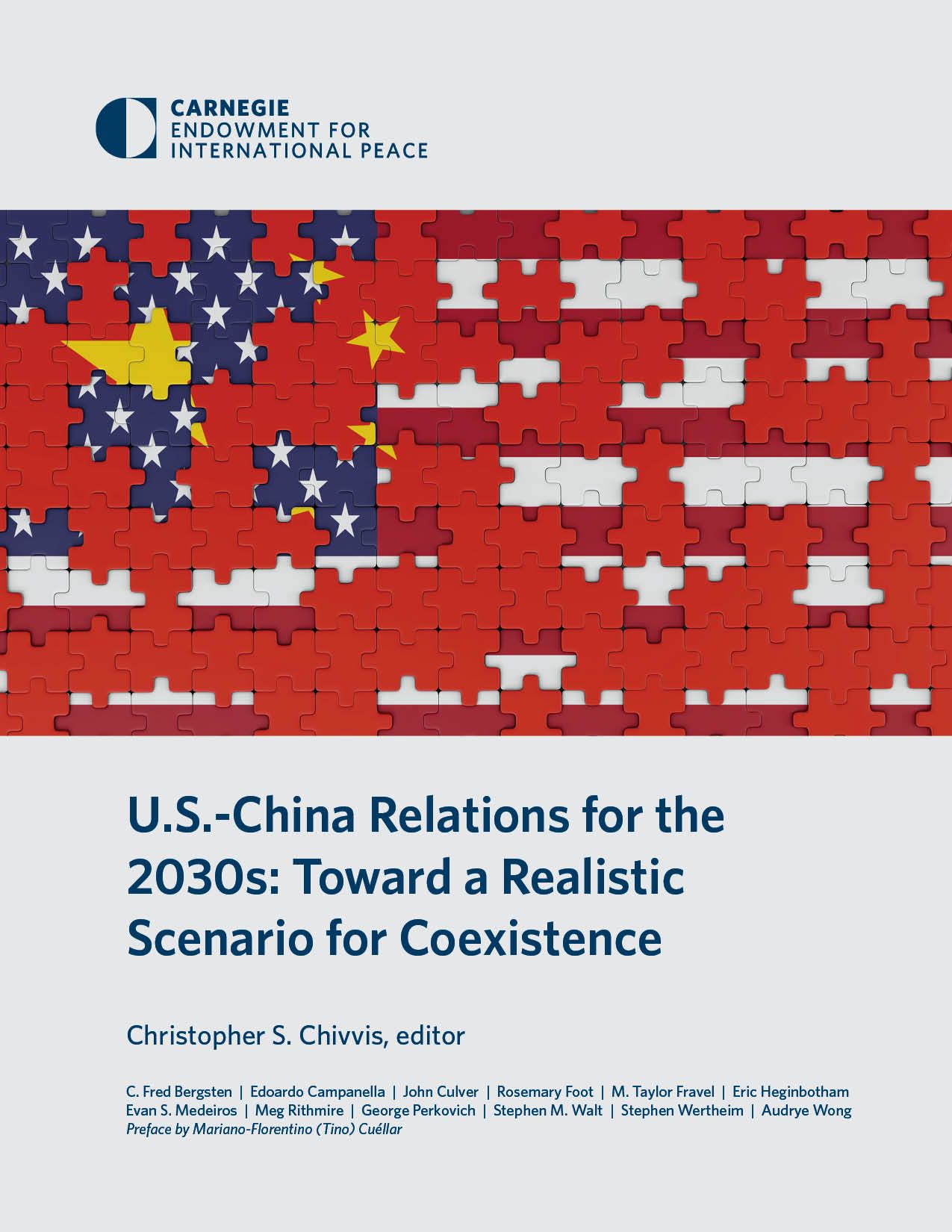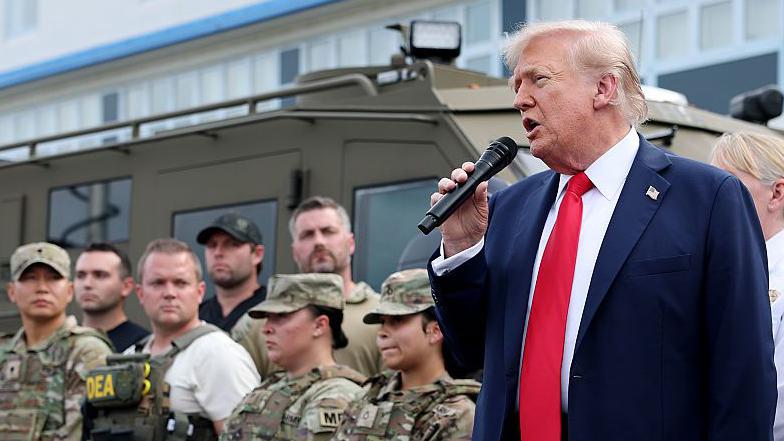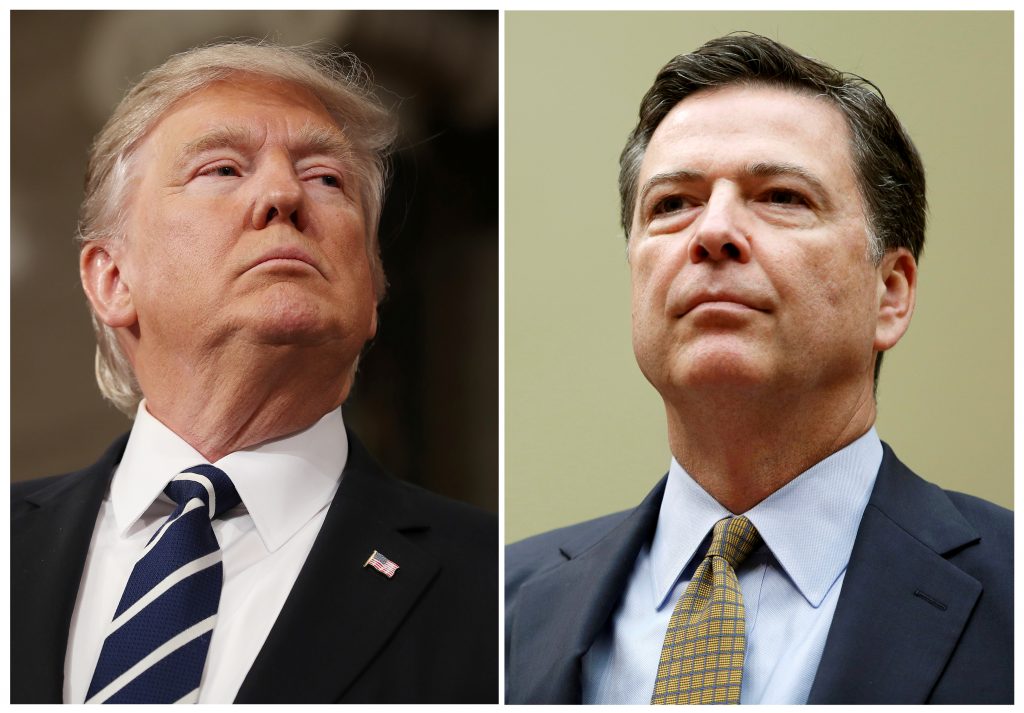Report on Civil Society and Academic Response to UK Government Action Against Palestine Action
Executive Summary
A coalition of international scholars, academics, and justice advocates has issued a formal statement condemning the United Kingdom government’s proscription of the organization Palestine Action. The statement argues that this action constitutes a significant infringement on fundamental freedoms and runs counter to the principles enshrined in the Sustainable Development Goals (SDGs), particularly SDG 16 (Peace, Justice and Strong Institutions). The signatories call for the immediate reversal of the ban, a cessation of UK arms transfers to Israel, and solidarity with all those engaged in peaceful protest and advocacy.
Alignment with SDG 16: Peace, Justice and Strong Institutions
The core concerns outlined in the statement directly relate to the targets of SDG 16, which aims to promote peaceful and inclusive societies for sustainable development, provide access to justice for all, and build effective, accountable, and inclusive institutions at all levels.
- Target 16.10 (Fundamental Freedoms): The proscription is identified as a direct assault on the fundamental freedoms of expression, association, assembly, and protest, which are critical for the functioning of a just and democratic society.
- Target 16.4 (Illicit Arms Flows): A central demand is to end the flow of weapons from the UK to Israel. This aligns with the global objective to significantly reduce illicit arms flows as a means of fostering peace and security.
- Target 16.3 (Rule of Law): The statement calls for charges against protestors to be dropped and reminds the UK government of its binding obligations under international law, specifically the duty “to prevent and to punish” genocide, thereby advocating for the upholding of the rule of law at national and international levels.
- Accountable Institutions: The critique of the government’s decision challenges the accountability of state institutions and highlights the repressive consequences of the ban on civil society.
Implications for SDG 4 (Quality Education) and SDG 10 (Reduced Inequalities)
The repercussions of the ban extend to other key development goals, threatening the environments necessary for education and the promotion of equality.
- SDG 4: Quality Education: Specific concern is raised about the likely negative impact of the proscription on universities across the UK. Such actions risk stifling academic freedom and open discourse on campus, which are essential components of an inclusive and equitable quality education.
- SDG 10: Reduced Inequalities: The pro-Palestine movement is framed as a campaign for justice and rights for a marginalized population. The suppression of such movements is seen as a setback for the goal of reducing inequality and promoting the political inclusion of all peoples.
Collective Action and SDG 17: Partnerships for the Goals
The statement itself is an example of SDG 17 in action, demonstrating a multi-stakeholder partnership to achieve shared objectives for peace and justice.
- Civil Society Collaboration: The signatories express solidarity with a broad alliance of trade unionists, teachers, students, and community organizers.
- Endorsement of Actions: Commendation is given to the campaigns of groups like Defend Our Juries and the supportive motion adopted by the Derry City and Strabane district council, highlighting a growing network of collective defiance.
- Global Partnership: The list of signatories includes prominent academics from institutions across the UK, USA, Europe, and Palestine, forming a global partnership of scholars advocating for human rights and international law.
Recommendations and Calls to Action
The collective statement puts forth several urgent demands aimed at aligning UK policy with international law and sustainable development principles.
- Immediately overturn the proscription of Palestine Action.
- End all UK complicity in alleged crimes by ceasing the transfer of weapons to Israel.
- Protect the right to protest and drop charges against individuals exercising their fundamental freedoms.
- Prioritize the UK’s binding international obligation to prevent genocide.
Analysis of SDGs, Targets, and Indicators
1. Which SDGs are addressed or connected to the issues highlighted in the article?
-
SDG 16: Peace, Justice and Strong Institutions
This goal is central to the article. The text focuses on promoting a peaceful and inclusive society by addressing issues of justice, fundamental freedoms, and the rule of law. The authors critique government actions they see as repressive, call for an end to violence and arms flows, and demand accountability based on international law. The entire letter is a call for justice, the protection of civil liberties (peaceful protest, expression), and the strengthening of institutional accountability regarding international conflicts and human rights.
2. What specific targets under those SDGs can be identified based on the article’s content?
-
Target 16.10: Ensure public access to information and protect fundamental freedoms, in accordance with national legislation and international agreements.
- The article directly addresses this target by condemning the proscription of Palestine Action as “an attack both on the entire pro-Palestine movement and on fundamental freedoms of expression, association, assembly and protest.” It highlights the “repressive consequences” of the ban and expresses solidarity with those protesting it, framing the issue as a defense of basic civil liberties.
-
Target 16.4: By 2030, significantly reduce illicit financial and arms flows, strengthen the recovery and return of stolen assets and combat all forms of organized crime.
- The authors explicitly state their shared aim of “ending the flow of weapons from Britain to Israel.” This directly aligns with the target’s objective to reduce arms flows, particularly in the context of preventing conflict and violence.
-
Target 16.3: Promote the rule of law at the national and international levels and ensure equal access to justice for all.
- The article invokes this target by reminding the UK government of its “binding obligation ‘to prevent and to punish’ genocide” under international law. It also calls for justice for protesters by demanding that “charges against them to be immediately dropped,” highlighting an issue of access to justice for those exercising their right to protest.
-
Target 16.1: Significantly reduce all forms of violence and related death rates everywhere.
- This target is implicitly addressed through the article’s overarching goal to “put an immediate stop to the escalating genocide and to end all UK complicity with Israel’s crimes.” The call to end the arms trade is a direct action aimed at reducing violence and related deaths in the conflict zone.
3. Are there any indicators mentioned or implied in the article that can be used to measure progress towards the identified targets?
-
For Target 16.10 (Protect fundamental freedoms):
- Indicator (Implied): The number of individuals and groups facing legal restrictions, prosecution, or arrest for political protest and expression. The article provides concrete examples that can be tracked, such as the “proscription of Palestine Action,” the fact that “organisers of massive national demonstrations face prosecution,” and that “hundreds of people again risk arrest by joining street protests.” A reduction in such cases would indicate progress.
-
For Target 16.4 (Reduce illicit arms flows):
- Indicator (Implied): The volume and nature of weapons transferred from the UK to Israel. The article’s demand to end “the flow of weapons from Britain to Israel” implies that this flow is a measurable quantity that should be reduced to zero to meet the authors’ goal.
-
For Target 16.3 (Promote the rule of law):
- Indicator (Implied): Government adherence to international legal conventions and the number of protesters facing charges. Progress could be measured by the UK government’s actions to fulfill its obligations under the Genocide Convention, as demanded by the authors. Additionally, tracking whether “charges against them [are] immediately dropped” serves as a direct indicator of access to justice for protesters.
4. Table of SDGs, Targets and Indicators
| SDGs | Targets | Indicators (Implied from Article) |
|---|---|---|
| SDG 16: Peace, Justice and Strong Institutions | 16.10: Ensure public access to information and protect fundamental freedoms, in accordance with national legislation and international agreements. | Number of groups proscribed and individuals arrested or prosecuted for exercising freedoms of expression, association, and assembly (e.g., “proscription of Palestine Action,” “organisers… face prosecution,” “hundreds of people… risk arrest”). |
| SDG 16: Peace, Justice and Strong Institutions | 16.4: By 2030, significantly reduce illicit financial and arms flows… | The volume of the “flow of weapons from Britain to Israel.” |
| SDG 16: Peace, Justice and Strong Institutions | 16.3: Promote the rule of law at the national and international levels and ensure equal access to justice for all. | Government actions to uphold its “binding obligation ‘to prevent and to punish’ genocide”; Number of protesters with charges against them (with the goal to have them “immediately dropped”). |
| SDG 16: Peace, Justice and Strong Institutions | 16.1: Significantly reduce all forms of violence and related death rates everywhere. | Actions taken to “put an immediate stop to the escalating genocide” and end “UK complicity with Israel’s crimes.” |
Source: theguardian.com






